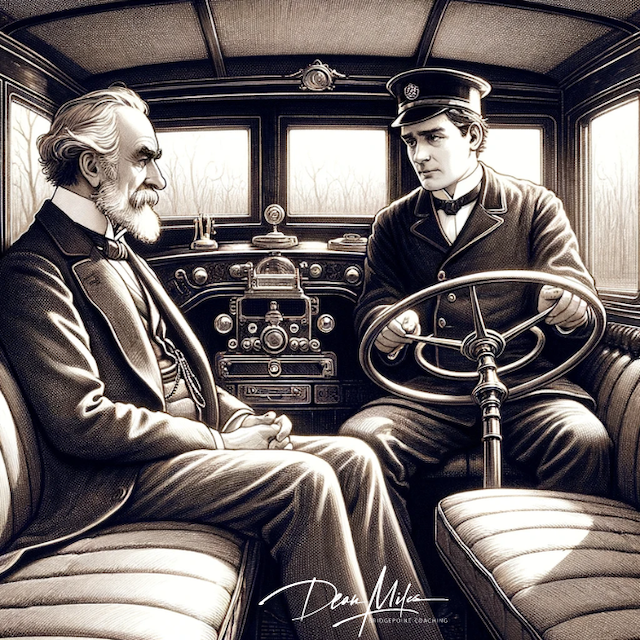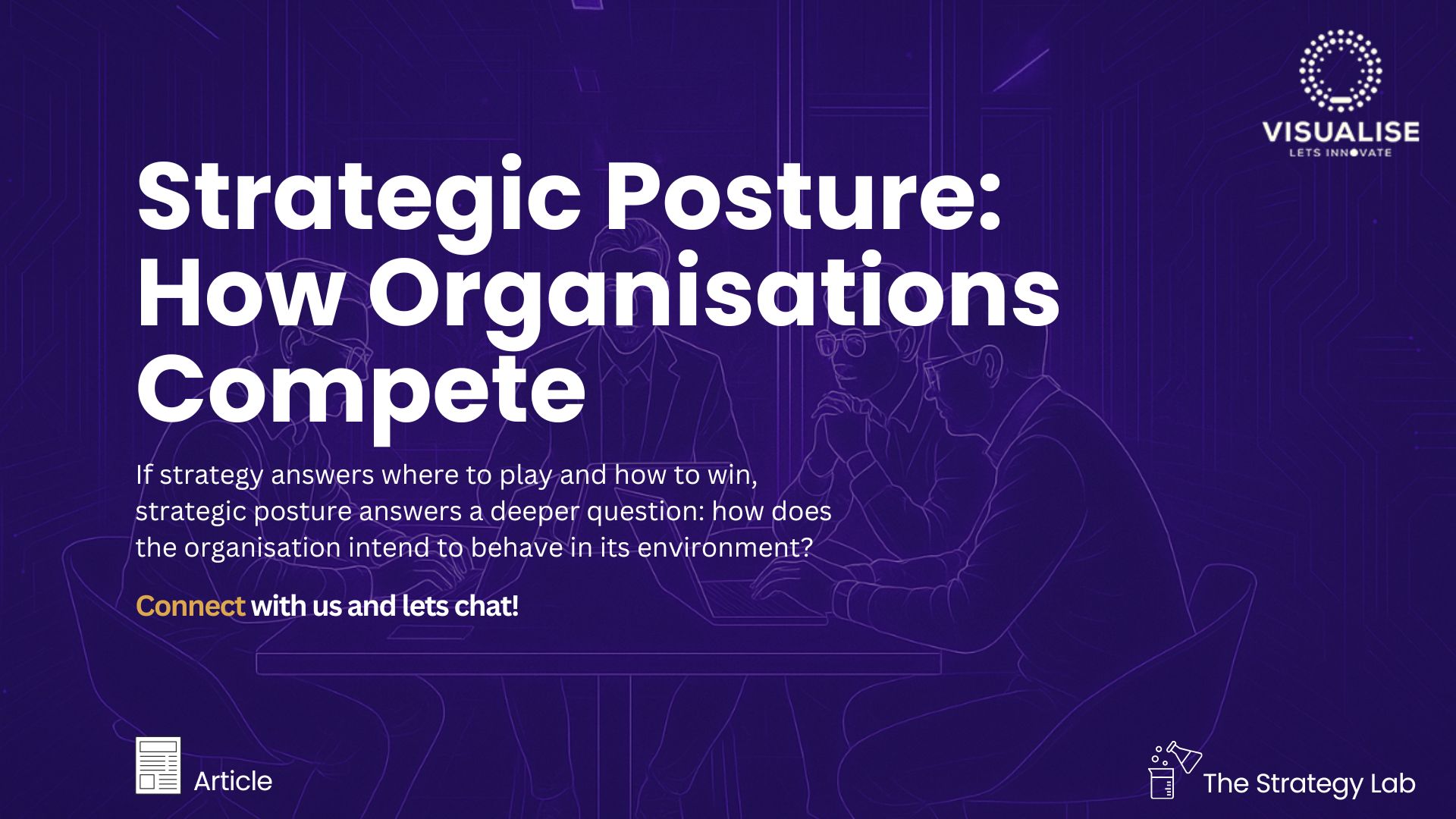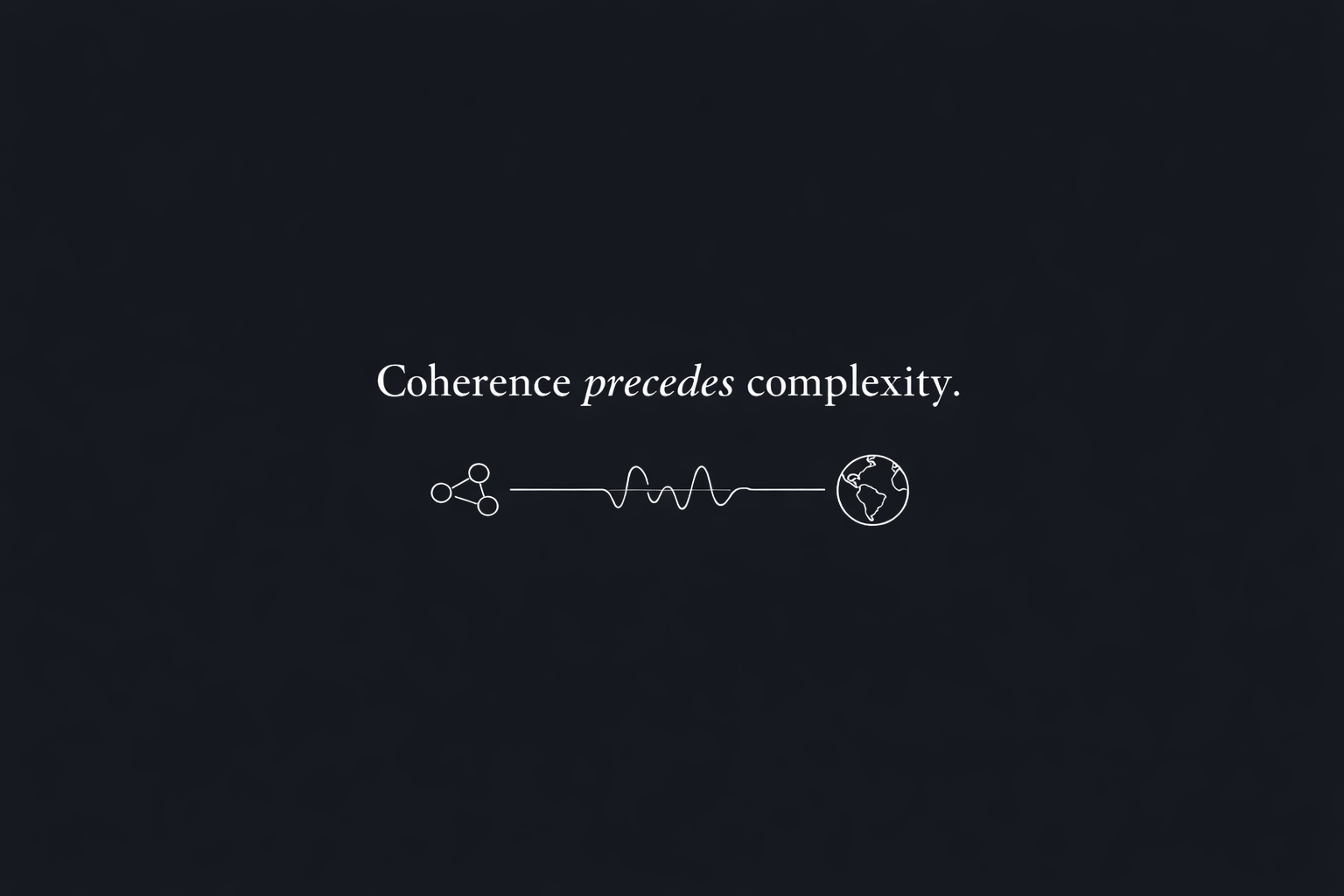Dec08

In an age where information is at our fingertips, distinguishing between deep understanding and superficial knowledge becomes increasingly vital. This distinction was eloquently highlighted by the legendary thinker Charlie Munger, who cautioned against the illusion of knowledge. Munger's insights are particularly relevant today, as we navigate a world saturated with information but often starved of wisdom.
Munger illustrated this concept using the anecdote of Nobel laureate Max Planck and his chauffeur. After winning the Nobel Prize, Planck toured Germany, delivering lectures on quantum mechanics. Over time, his chauffeur memorized the lecture and could recite it flawlessly. Once, as the story goes, the chauffeur even successfully delivered the lecture in Planck's stead. However, when faced with a complex question from the audience, the chauffeur's superficial understanding was exposed. He had the words but not the comprehension.
This story serves as a powerful metaphor for the difference between truly understanding a concept and merely knowing about it. In our daily lives, we are often the chauffeur, armed with information easily retrieved from a quick internet search or gleaned from a headline. We can talk the talk, but do we truly understand the subject at hand?
Munger's principle urges us to delve deeper, to seek a genuine understanding rather than settling for surface-level knowledge. This pursuit involves critical thinking, questioning, and connecting ideas in a way that goes beyond rote memorization or passive consumption of information.
In the professional world, this distinction is crucial. Superficial knowledge may help in making a quick impression, but deep understanding is what leads to innovative solutions, sound decision-making, and long-term success. In personal growth, too, understanding deeply enriches our perspectives, enabling us to engage more meaningfully with the world around us.
Achieving deep understanding requires effort and curiosity. It means not just learning the 'what' but exploring the 'why' and the 'how.' It involves seeking out diverse sources, engaging in thoughtful dialogue, and applying knowledge in practical contexts. It's about being comfortable with complexity and uncertainty, and having the humility to acknowledge the limits of our knowledge.
Munger's warning about the illusion of knowledge is a call to action. It challenges us to go beyond the convenience of superficial understanding and embark on a lifelong journey of learning and discovery. As we navigate the vast sea of information in our digital age, let us remember the value of depth over breadth, of understanding over mere knowing.
By Dean Miles
Keywords: Business Continuity, Coaching, Mental Health
 HR Is Designed to Maintain. Succession Planning Demands It Transform.
HR Is Designed to Maintain. Succession Planning Demands It Transform. AI and Embedded Connectivity: A New Era of Smart Devices
AI and Embedded Connectivity: A New Era of Smart Devices Strategic Posture: How Organisations Compete
Strategic Posture: How Organisations Compete Coherence Before Complexity
Coherence Before Complexity The Corix Partners Friday Reading List - February 20, 2026
The Corix Partners Friday Reading List - February 20, 2026